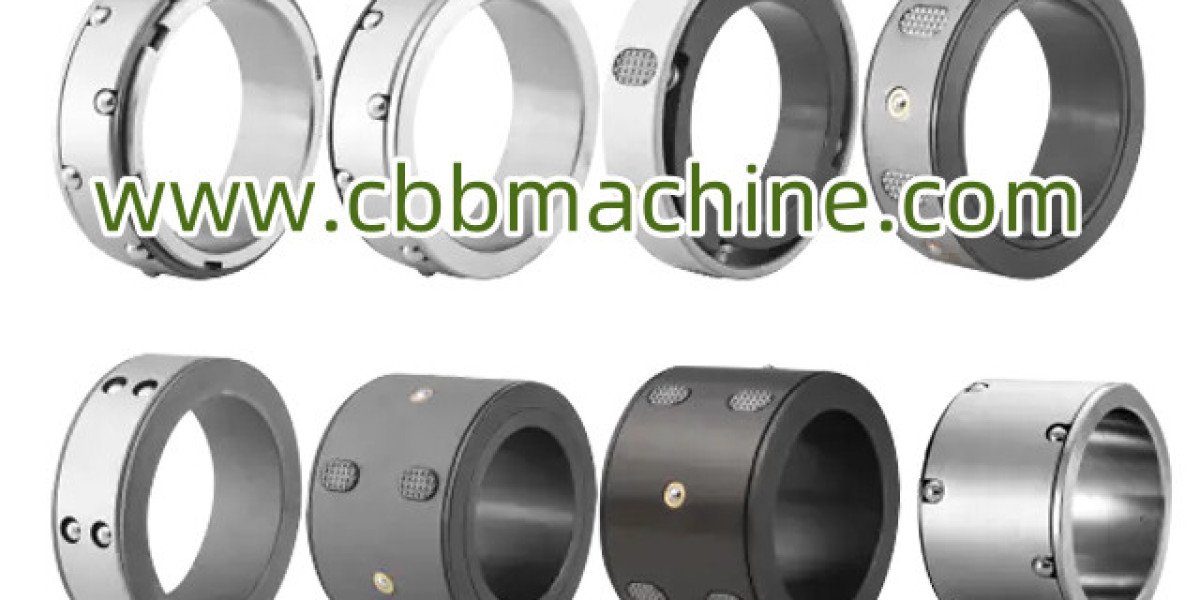The Essential Role of a Differential Shaft in Industrial Machinery
In modern manufacturing and production lines, precision and efficiency are paramount. One of the critical components that contribute to the smooth operation of many industrial machines is the differential shaft. This often-overlooked part is essential in systems that require precise control over the speed and torque of different parts of a machine. Whether in packaging, textile manufacturing, or automotive systems, differential shafts ensure that components work together seamlessly.
As a trusted Differential Shaft Supplier , we understand the importance of high-quality differential shafts in improving the performance and longevity of machines. In this article, we will explore the functionality of differential shafts, their applications, and the key considerations when selecting a supplier.
What is a Differential Shaft?
A differential shaft is a mechanical component that plays a vital role in transmitting torque between different parts of a system while allowing them to rotate at different speeds. This is particularly crucial in systems where multiple components are involved, but each part needs to operate independently, such as in differential drive systems for vehicles or complex industrial machinery.
The differential shaft allows power to be transmitted efficiently while accounting for the variations in speed that are needed for smooth operation. By providing the necessary adjustments in torque, differential shafts ensure that machines run smoothly, reduce wear and tear, and maintain optimal performance.
Why Differential Shafts are Critical for Industrial Machines
Differential shafts are used in a wide range of machinery across various industries, and they are especially important for systems that require constant speed control and torque regulation. Below are a few reasons why differential shafts are critical for industrial machinery:
Improved Efficiency: Differential shafts allow different components of a machine to rotate at different speeds, making the overall system more efficient. This efficiency results in better performance and reduced energy consumption.
Enhanced Flexibility: Machines equipped with differential shafts can adapt to varying loads and speeds without causing strain or damage to the components. This flexibility helps to prolong the lifespan of the machinery.
Reduced Wear and Tear: Differential shafts help evenly distribute torque, which reduces the wear and tear on individual parts. This extends the overall lifespan of the machinery, reducing maintenance costs and downtime.
Consistent Performance: Machines that rely on differential shafts experience more consistent performance, even when operating under varying loads or conditions. This consistency is crucial in industries such as packaging and textile manufacturing, where precision is key.
Applications of Differential Shafts
Differential shafts are commonly used in industries where precise control over rotational speed and torque is necessary. Some of the most common applications include:
Automotive Systems: Differential shafts are critical components in vehicle drive systems, particularly in rear-wheel and all-wheel-drive vehicles. They allow the wheels to rotate at different speeds, which is necessary for smooth turning, especially when the vehicle is navigating curves.
Packaging and Printing: In packaging machinery, differential shafts are used to regulate the tension of materials such as film, paper, and plastic. They ensure that these materials are wound or unwound evenly, maintaining quality control and reducing waste. Similarly, printing machines benefit from differential shafts for precise control over the feed speed of paper rolls.
Textile Manufacturing: In the textile industry, differential shafts are used to control the winding and unwinding of fabric. By maintaining consistent tension and speed, these shafts prevent fabric from stretching or bunching, ensuring uniform quality in the finished product.
Conveyor Systems: In conveyor systems, differential shafts are essential for ensuring smooth operation, particularly when materials of varying sizes and weights are being moved. The differential shaft helps maintain the balance between components, ensuring that the system operates efficiently.
Choosing the Right Differential Shaft Supplier
When selecting a Differential Shaft Supplier, it’s important to consider several factors to ensure you are choosing the right partner for your business. Here are some key considerations:
Customization Options: A reliable Differential Shaft Supplier will be able to provide customized shafts that meet the specific needs of your machinery. This includes considerations such as size, material, and torque requirements.
Quality Assurance: The supplier should be able to provide high-quality shafts that are manufactured to meet strict industry standards. High-quality shafts will result in better performance, reduced maintenance, and longer machine life.
Technical Support: A reputable supplier offers technical expertise to help you select the right shafts for your machinery. They should also provide after-sales support in case you need assistance with installation, maintenance, or troubleshooting.
Timely Delivery: It’s important that your Differential Shaft Supplier can deliver components in a timely manner to minimize downtime and keep your operations running smoothly.
Long-Term Relationship: Building a long-term partnership with a trusted supplier ensures you have a reliable source for future orders and replacements. A good supplier will understand your evolving needs and help you stay competitive in your industry.
Conclusion
Differential shafts play a crucial role in ensuring the smooth operation of machinery across various industries. Whether it’s in automotive systems, packaging, printing, or textiles, these components provide essential torque distribution and speed control. Choosing the right Differential Shaft Supplier is key to ensuring that your machinery operates efficiently and reliably.
At CBBMachine, we pride ourselves on offering high-quality, custom-engineered differential shafts that meet the specific needs of our clients. Our experienced team works closely with clients to provide tailored solutions that improve machine performance and reduce downtime. Partner with us for all your differential shaft needs and experience enhanced operational efficiency and reliability.








